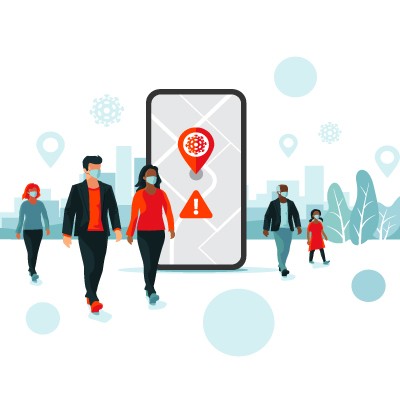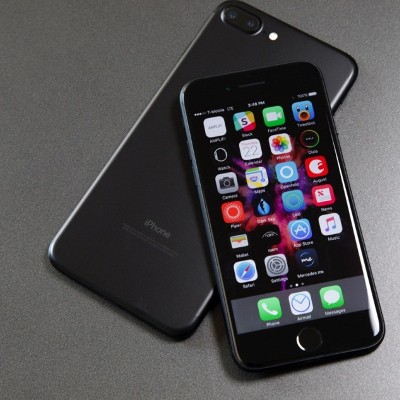In a rare turn of events, Google and Apple have teamed up with local governments to help slow the ongoing spread of COVID-19. How would you like an app that could notify you if someone you had been in proximity to had tested positive for COVID-19? As useful as this collaboration could be to staunching the pandemic, many people are in uproar about it, and have begun to spread misinformation.
EZ MSP Blog
It seems hard to believe that the smartphone has been around for over a decade. When Apple rolled out the first iPhone in 2007, it triggered a momentous shift in the way people access information. Over the past 10 years these devices have gone from somewhat of a novelty to a staple of modern computing. More data is transmitted and accessed by smartphone than by any other means, and Apple has been at the forefront of this computing shift from its inception.
 Mobile exploits are just as common as those found on legitimate operating systems like Windows, but many people just don’t understand this simple fact. However, this hasn’t stopped some folks from being cautious when using their devices. The latest exploit making the rounds, which takes advantage of the iPhone’s Siri or Android’s Google Now, will leave you speechless.
Mobile exploits are just as common as those found on legitimate operating systems like Windows, but many people just don’t understand this simple fact. However, this hasn’t stopped some folks from being cautious when using their devices. The latest exploit making the rounds, which takes advantage of the iPhone’s Siri or Android’s Google Now, will leave you speechless.
 With the new iPhone 6 release just a few short weeks ago, many users are excited to ditch their old devices and get the flexible new piece of hardware. Unfortunately, these users might not take into account that their phones could potentially hold private information which should be deleted before forking over the device.
With the new iPhone 6 release just a few short weeks ago, many users are excited to ditch their old devices and get the flexible new piece of hardware. Unfortunately, these users might not take into account that their phones could potentially hold private information which should be deleted before forking over the device.
 Apple is back with another iPhone! The Silicon Valley-based hardware and software manufacturer has released the new versions of their extremely popular iPhone series of devices. The two-headed approach that Apple took with their second incantation of the iPhone 5 (the 5s and 5c), is replicated this time out as well. After being surpassed by Samsung over the past two years, does the iPhone 6 and its larger version, the iPhone 6+, have what it takes to get Apple back on top?
Apple is back with another iPhone! The Silicon Valley-based hardware and software manufacturer has released the new versions of their extremely popular iPhone series of devices. The two-headed approach that Apple took with their second incantation of the iPhone 5 (the 5s and 5c), is replicated this time out as well. After being surpassed by Samsung over the past two years, does the iPhone 6 and its larger version, the iPhone 6+, have what it takes to get Apple back on top?


